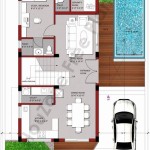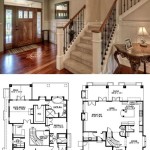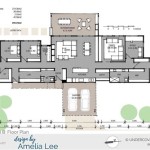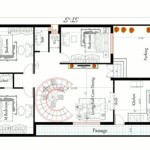Essential Aspects of Roman Architecture House Plan
Roman architecture, renowned for its grandeur, functionality, and enduring legacy, extended its influence far beyond the boundaries of the Roman Empire, shaping the architectural landscape of the Western world. Roman houses, in particular, stood as exemplars of innovation and design excellence, reflecting the sophisticated lifestyle and societal structure of ancient Rome.
Roman house plans varied significantly, ranging from modest abodes to sprawling villas. However, they all shared certain essential aspects that defined their character and purpose.
1. The Atrium
The atrium, the heart of a Roman house, was a central courtyard surrounded by a colonnade or portico. It functioned as a living room, dining room, and reception area. The atrium was often adorned with fountains, sculptures, and other decorative elements, creating an impressive and welcoming space for guests.
2. The Impluvium
In the center of the atrium, a square opening in the roof called the impluvium allowed rainwater to collect in a cistern below. This water was used for domestic purposes and provided a refreshing source of coolness during hot summer days.
3. The Compluvium
The compluvium was a sloping roof that channeled rainwater into the impluvium. It was supported by beams called trabes and covered with tiles made of terracotta or marble.
4. The Tablinum
Adjacent to the atrium, the tablinum served as the study or office of the paterfamilias, the head of the household. It was often used to receive clients and conduct business.
5. The Alae
The alae were small, windowless rooms that flanked the atrium and tablinum. They were typically used as bedrooms or storage spaces.
6. The Peristylium
In larger houses, a peristyle was a courtyard surrounded by a colonnade or portico. It provided an outdoor living space and was often the focal point of the house.
7. The Culina
The culina was the kitchen, typically located at the back of the house. It was equipped with an oven, hearth, and various cooking utensils and was often separate from the main living areas to prevent smoke and odors from permeating the house.
These essential elements of Roman architecture house plan demonstrate the ingenuity and practicality of Roman design. Roman houses were not merely structures but symbols of status, power, and the refined way of life that characterized the Roman civilization.

Roman Domestic Architecture Domus Article Khan Academy

РИМ Villa Of The Mysteries Pompeii Roman House Ancient Houses Architecture

Villa Mysteries Plan Pompeii Roman House Courtyard Plans Architecture

Plan Of The House Pansa Pompeii Notice Axial This Was For Wealthier Citizens Occupying Al Roman Ancient Architecture

The Evolution Of House Part 4

Plan Of A Pompeian House Roman Courtyard Plans Villa

279 Roman Architecture Residential Buildings Herculaneum Plan Of Samnite House 2nd Century Bc It S One

Rome Roman House Ancient Houses Villa

Roman Domestic Architecture Insula Article Khan Academy

Villa Rustica Roman Farmhouse Rome House








